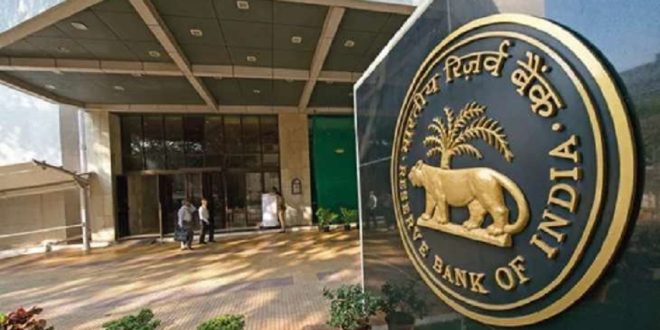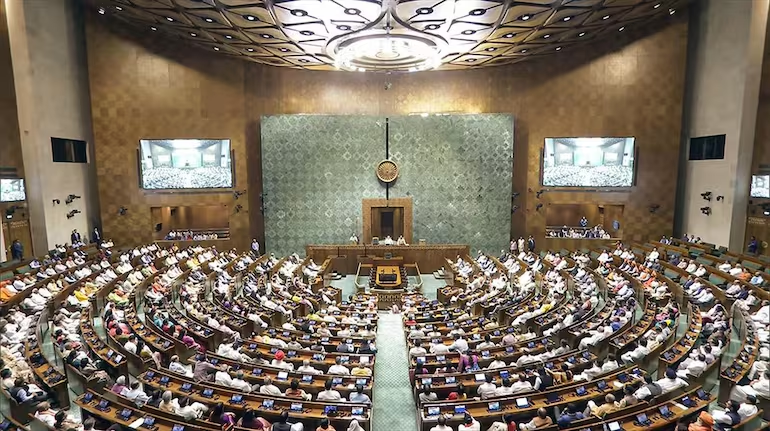Mumbai: The Reserve Bank of India (RBI) (RBI ) on Thursday imposed several restrictions on New India Co-operative Bank. This also includes a ban on withdrawal of money by depositors in this Mumbai-based bank. This ban has been imposed by the central bank amid supervisory concerns. , the Reserve Bank’s instructions given to New India Co-operative Bank have come into effect from the close of business on Thursday. These restrictions will remain in force for a period of next six months and are subject to review.
Withdrawal of amount not allowed
According to the news, the Reserve Bank said that in view of the current liquidity position of the bank, the bank has been directed not to allow withdrawal of any amount from the depositor’s savings bank or current account or any other account. However, the bank has been allowed to set off loans against deposits subject to the conditions mentioned in the above instructions of RBI. It can incur expenditure in respect of certain essential items such as salaries of employees, rent and electricity bills.
So many things will not be possible
The RBI further said that after the close of business on February 13, 2025, the bank will not grant or renew any loan or advance, make any investment and incur any liability including accepting new deposits without prior approval. The Reserve Bank said that these instructions are necessary to address the supervisory concerns arising from recent material developments in the bank and to protect the interests of the bank’s depositors. Eligible depositors will be entitled to receive deposit insurance claim amount of their deposits up to Rs 5 lakh from the Deposit Insurance and Credit Guarantee Corporation.
Ban lifted on Kotak Mahindra Bank
The Reserve Bank of India (RBI) on February 12 lifted the restrictions imposed on Kotak Mahindra Bank for more than nine months. The business restrictions were imposed on the bank due to concerns on the technology front. The RBI said it was “satisfied” with the corrective measures taken by the private sector bank, and allowed it to issue new credit cards and add new customers through online and mobile banking channels.
 Indian Thought Latest News & Views
Indian Thought Latest News & Views



